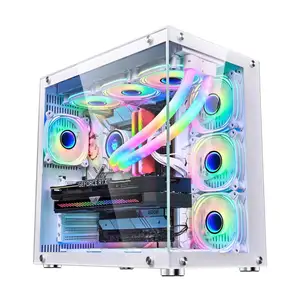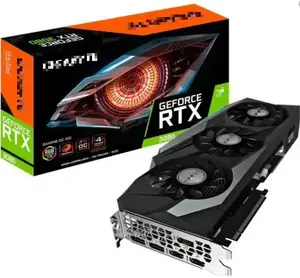Popular in your industry

































































































































































Top categories
About nas storage
NAS Storage: An Overview
Network Attached Storage (NAS) is a dedicated file storage solution that enables multiple users and heterogeneous client devices to retrieve data from centralized disk capacity. Users on a local area network (LAN) access the shared storage via a standard Ethernet connection. NAS systems are flexible and scale-out, meaning that as you need additional storage, you can add to what you have. NAS is like having a private cloud in the office. It’s faster, less expensive, and provides all the benefits of a public cloud on-site, giving you complete control.
Types and Applications of NAS Systems
NAS systems vary widely in size and complexity, from small, home-office solutions to enterprise-level offerings. Home NAS solutions are compact units that provide personal cloud storage for individuals. On the other hand, enterprise NAS provides a powerful, scalable, and flexible storage solution for businesses looking to manage large amounts of data across multiple devices. NAS systems serve a variety of applications, from simple data sharing and backup to complex business processes, multimedia content delivery, and virtualization environments.
Features and Materials of NAS Devices
NAS devices are built with durability in mind, utilizing sturdy materials to protect internal components. They are designed to ensure optimal cooling and heat dissipation, which is crucial for maintaining system performance and longevity. The architecture of a NAS device typically includes multiple bays for hard disk drives (HDDs) or solid-state drives (SSDs), which can be configured for redundancy to prevent data loss in the event of a drive failure.
Advantages of Implementing NAS Solutions
Implementing NAS storage in a network environment brings several advantages. It simplifies storage administration and adds flexibility by allowing administrators to increase capacity without shutting down servers. NAS provides a cost-effective way to achieve scalability in storage. With the ability to connect to both wireless and wired networks, and support for high-speed interfaces, NAS systems ensure seamless access to data.
Complementary Technologies and Expansion
Modern NAS solutions often come with built-in Wi-Fi capabilities and support for high-speed interfaces like Thunderbolt 3, enhancing their performance and ease of use. They are compatible with various hard drive types, including HDDs for large capacity storage and SSDs for faster, more reliable performance. The flexibility of NAS storage is further evident in its compatibility with multiple motherboard sizes, including ATX, micro ATX, and mini ATX, allowing for a wide range of system configurations.
Selecting the Right NAS Storage
Choosing the right NAS storage requires an understanding of your storage needs. Whether for personal use or for enterprise-level tasks, NAS systems offer a range of functionalities tailored to different requirements. When selecting a NAS, consider factors such as the number of drive bays, network capabilities, and the types of drives supported. With a variety of options available, finding a NAS that aligns with your storage needs is straightforward.


















































































